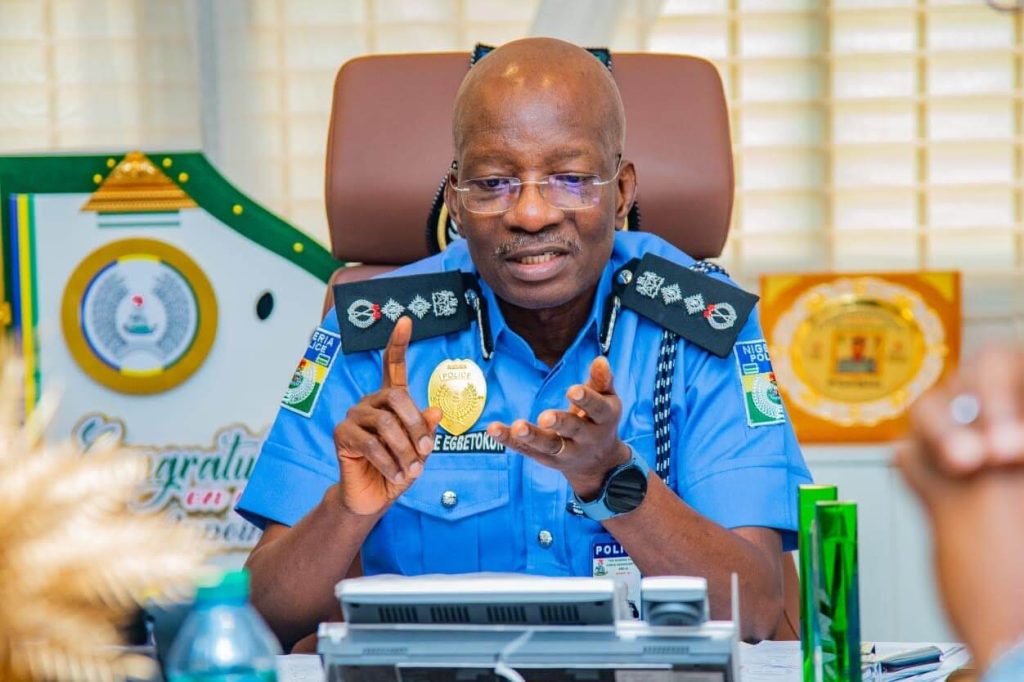
IGP Egbetokun Calls for Comprehensive Revamp of Nigeria’s Justice System
Inspector General of Police (IGP) Kayode Egbetokun has emphasized the need for a holistic overhaul of Nigeria’s justice system, describing it as being in dire need of revival. He argued that the justice system’s inefficiencies should not solely be attributed to the police, as it is just one part of a broader structure that requires significant reform.
Egbetokun shared his views during the 2024 Annual Lecture and Award Ceremony organized by the Crime Reporters Association of Nigeria (CRAN). Represented by Force Headquarters spokesperson Olumuyiwa Adejobi, the IGP acknowledged the challenges faced by the police but assured the public of the institution’s commitment to improving its performance.
“Police is not the only pillar or stakeholder in the criminal justice system in this country. We have challenges, we accept, but we will try our best to ensure we have a better system,” Egbetokun said. He urged all stakeholders to unite in reforming the justice system, highlighting its potential to positively impact the lives of all Nigerians.
Corruption and the Broader Impact on Justice
Dr. Musa Adamu Aliyu, Chairman of the Independent Corrupt Practices and Other Related Offences Commission (ICPC), also spoke at the event, underscoring the pervasive issue of corruption across Nigerian institutions. He lamented that corruption undermines decision-making, resource utilization, and service delivery in both public and private sectors.
“Corruption remains one of the most persistent challenges affecting all sectors and institutions of the Nigerian society. It undermines policy decision-making, resource mobilization, execution, and service delivery,” Aliyu said.
He noted that addressing corruption requires a collaborative, multi-faceted approach that goes beyond enforcement to include prevention, deterrence, and systemic reform.
Corruption in the Judicial System
Aliyu highlighted corruption within the judiciary as a critical concern, citing issues such as bribery, influence peddling, and unethical behavior among judicial stakeholders. He stressed that these challenges compromise the integrity of the justice sector, making targeted anti-corruption measures imperative.
“The widespread corruption within the justice system, including bribery, influence peddling, and attitudinal challenges, are more fundamental and daunting,” Aliyu stated.
Quoting findings from the ICPC, Aliyu added, “The justice sector remains a focal point of concern. Judicial officials exhibit relatively high bribery prevalence despite limited public contact, which underscores the need for targeted reforms in this sector.”
A Call for Collective Action
Both Egbetokun and Aliyu emphasized that improving Nigeria’s justice system requires the collaboration of all stakeholders. They called for an overhaul that addresses inefficiencies, corruption, and systemic challenges while ensuring accountability across the board.
Egbetokun reassured Nigerians of the police’s dedication to contributing to this reform, stating, “We will continue to do our best to ensure a justice system that works for all.”
Aliyu concluded by urging for proactive and comprehensive reforms that target the root causes of corruption and inefficiencies in the justice sector, saying, “We must act decisively to restore the integrity of our institutions and ensure justice for all.”





